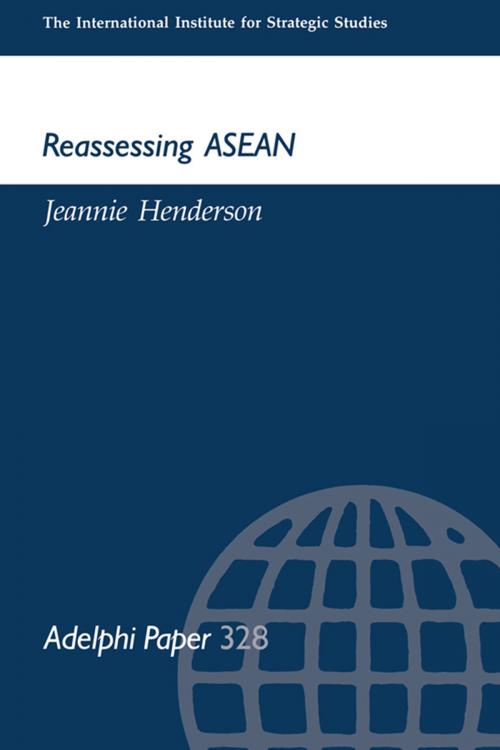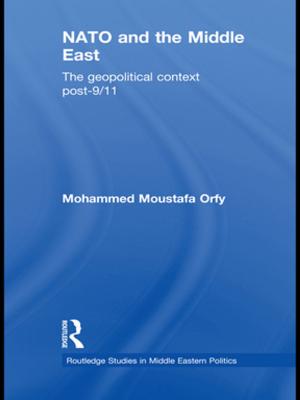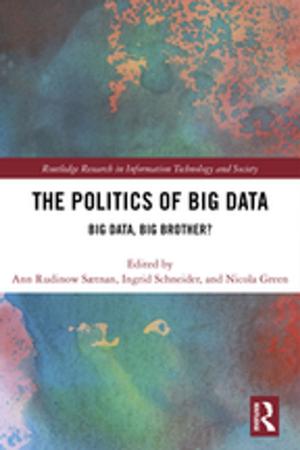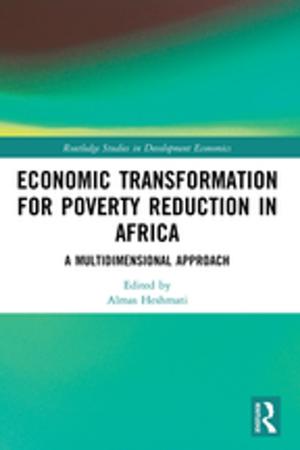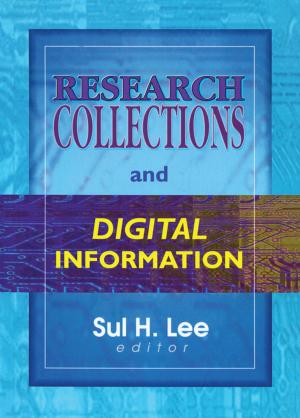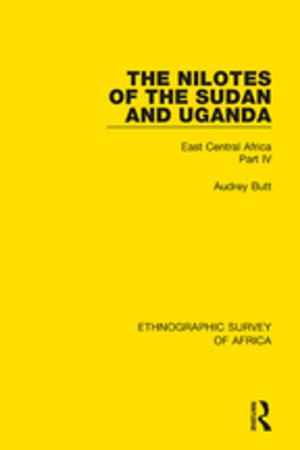Reassessing ASEAN
Nonfiction, Social & Cultural Studies, Political Science, Politics, Arms Control, History, Military| Author: | Jeannie Henderson | ISBN: | 9781136061165 |
| Publisher: | Taylor and Francis | Publication: | February 25, 2014 |
| Imprint: | Routledge | Language: | English |
| Author: | Jeannie Henderson |
| ISBN: | 9781136061165 |
| Publisher: | Taylor and Francis |
| Publication: | February 25, 2014 |
| Imprint: | Routledge |
| Language: | English |
With the accession of Cambodia in April 1999, the Association of South-East Asian Nations (ASEAN) finally achieved its founding vision: the incorporation of all ten South-east Asian states. However, ASEAN-10 faces an unprecedented series of challenges, stemming from the organization's rapid enlargement since 1995, economic crisis among key members, and political upheavals in Indonesia, its largest and most important member. ASEAN in 1999 is a pale imitation of the more confident organization which emerged from the end of the Cold War as one of the world's most successful experiments in regionalism. This paper asks whether ASEAN can remain relevant to the management of regional problems.
With the accession of Cambodia in April 1999, the Association of South-East Asian Nations (ASEAN) finally achieved its founding vision: the incorporation of all ten South-east Asian states. However, ASEAN-10 faces an unprecedented series of challenges, stemming from the organization's rapid enlargement since 1995, economic crisis among key members, and political upheavals in Indonesia, its largest and most important member. ASEAN in 1999 is a pale imitation of the more confident organization which emerged from the end of the Cold War as one of the world's most successful experiments in regionalism. This paper asks whether ASEAN can remain relevant to the management of regional problems.
